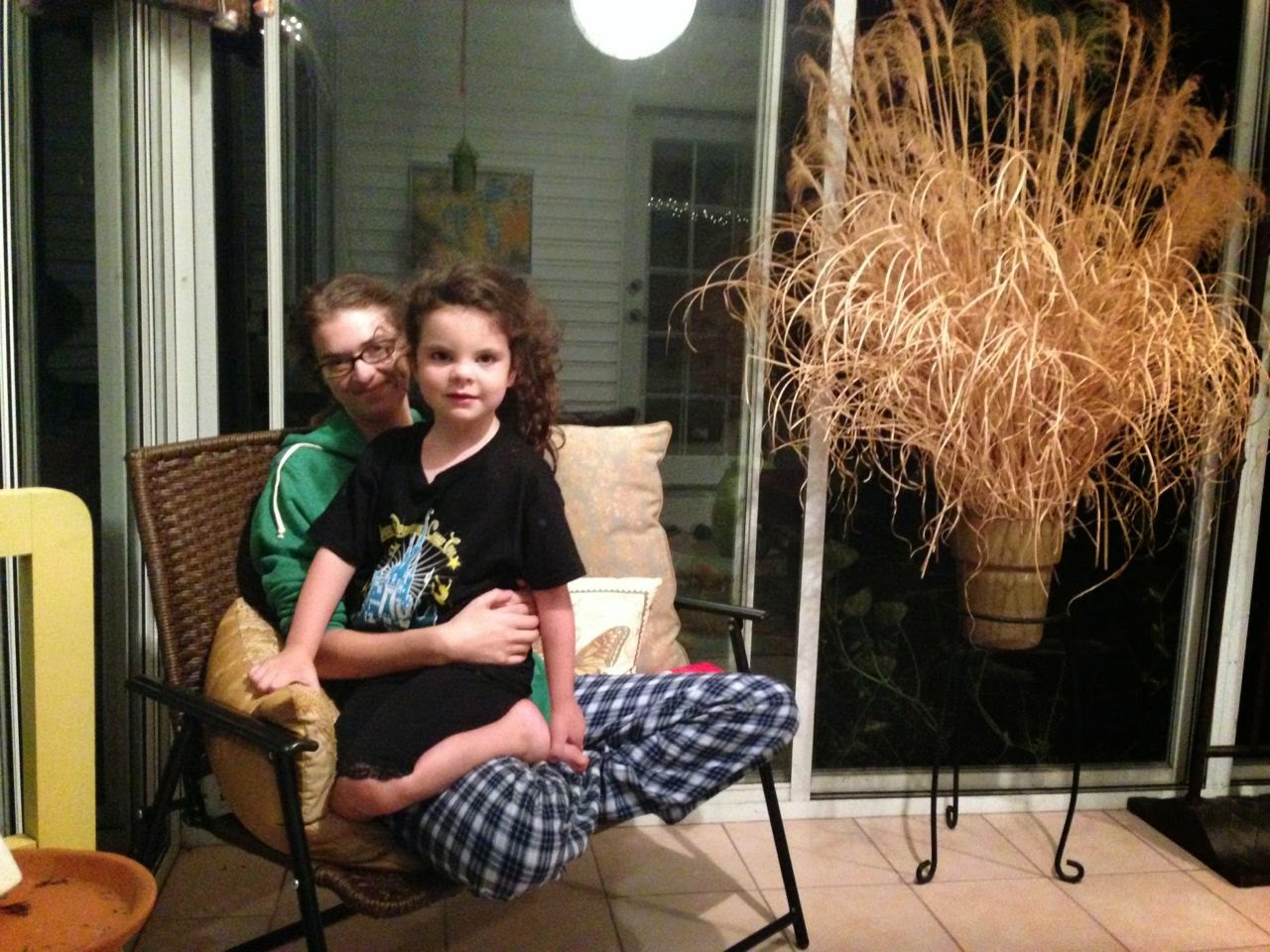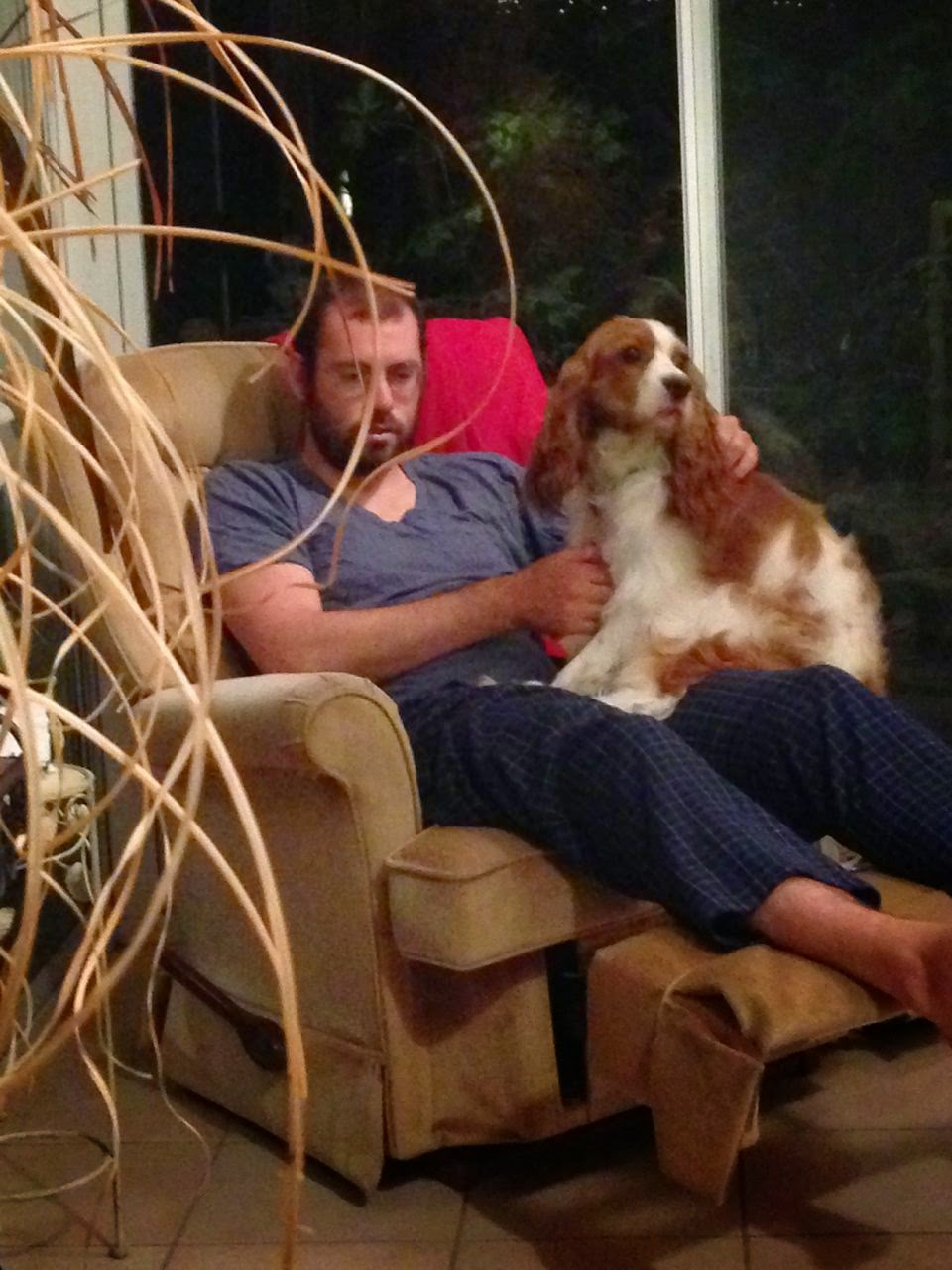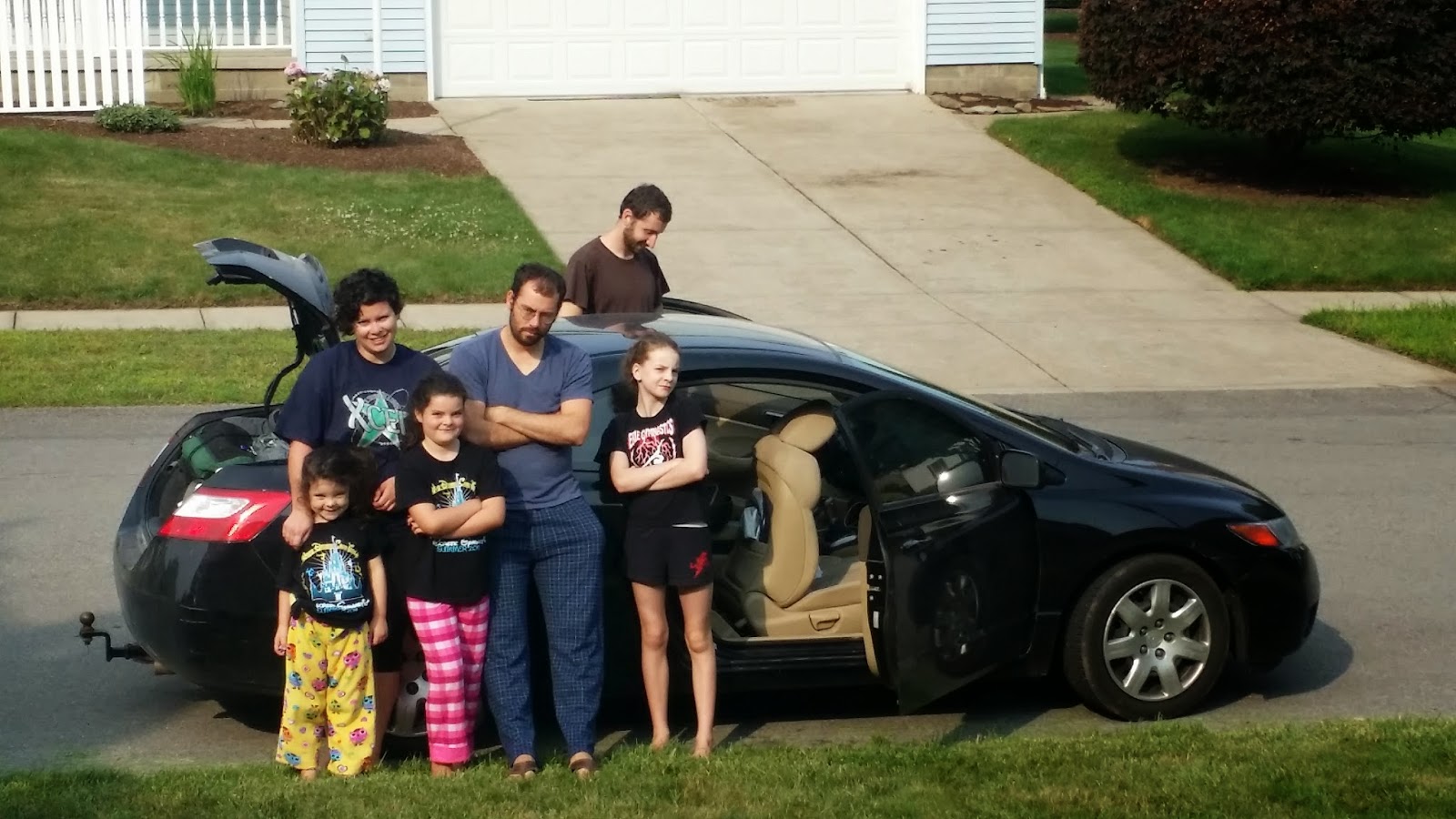Like I've been saying all along, this road trip was never about us. At the forefront of our minds this entire trip has been what influence each one of our decisions--which national park to see, who to visit, what music to listen to, and what rest stop to nap at--would have on our readers. So, with the knowledge of how carefully we've thought about what you are about to see, I present this very long post of our journey from Chicago to Maine via Minneapolis, Michigan, and Erie P.A.
Let's begin at the very beginning. Chicago. Chai-Town. Showerville. Chicago is now one of my favorite cities. I absolutely loved it. I've decided that it's pretty arbitrary whether or not you end up liking this or that city--arbitrary in the sense that often it comes down to who you are with and what you decide to do as opposed to the fixed features of the city like the people, its look, and layout. I used to dislike London because it seemed too crowded, and every time I went I spent too much time in the tube, and all I did was visit dusty old museums which should have been destroyed in the war. But now I love London and all it took was a long weekend visit last summer with the right friends and going to the right places. I think this is what happened with Chicago this time. It was summer, two of my brothers were in town in addition to Joey and his friends, and we did a lot of fun things like the zoo, a White Sox game, biking, and Millenium Park.
We spent forever watching this polar bear. Of all the animals at the zoo, he was by far the most interesting and happiest. The Gorillas all seemed depressed and the lions just paced back and forth roaring. But this guy had a gigantic pool which he swam back and forth in playing with his toys. Every minute or so he would make a pass at the glass where all the people were watching to take a look at us.
Leo is Joey's friend from way, way, way back before Joey met better friends. They met when they were ten at a summer camp. Leo lives in Chicago in the up-scale Humboldt Park neighborhood where he runs his own failing art business called Shiner. It's a really cool product which Leo invented himself. You can see it (and buy it) here. Love you Leo!
The "Bean" at Millenium Park. I think Peter was talking about how he was going to link his interests in the Balkans with global environmental history at this point. Like the bean, it seemed like a stretch.
Like I said, two of my brothers also happened to be in Chicago at the same time and we hung out. The encounter between Nathan and Joey's cousin Michael was pretty hilarious. Joey's been telling me about Michael forever. All of Joey's pithy and crude maxims about life apparently stem from Michael ("don't argue with retards" is one of them). He's a loud, fast-talking, opinionated, but warm guy who left day-trading because it was destroying his soul. At the same time, my brother Nathan is exactly the same way--apart from being a Manhattan playwright. Joey and I just sat silently as Michael and Nathan loudly shouted at each other their various opinions about movies, literature, and the best omelet to be had in New York (the red omelet apparently). It was like watching two waves meet and spike and double in height.
Moving on, one of the most interesting parts about Chicago to me was the Ukrainian and Polish neighborhoods. They were right next to Leo's apartment. It seemed like Ukrainian and Polish were really the main languages still spoken in these enclaves. This seemed really unique to me--that there were still pockets of insulated immigrant communities in America speaking their own language. And then I realized I was just being Eurocentric and that plenty of Asian, Hispanic, and other insulated, ethnic neighborhoods exist all over the country. In any case, the Ukrainian village was especially interesting because of the current crisis. Ukrainian flags were everywhere, and signs saying "Pray for Ukraine" and "United We Stand with Ukraine" hung in all the store windows.
I had to find a restaurant with borsch of course.
Our next stop after Chicago was to Minnesota to pick up Joey's friend who we'll call "The Good Book". The Good Book needed a break from the hustle and bustle of the twin cities and her 80-hour a week job selling antique books. So we swung by, nabbed her, and headed up to Duluth. A lot of these photos our out of order but there's a picture of Lake Superior down there along with the Mackinaw Bridge. The U.P. was a strange but beautiful place. The culture seemed a bit like Alaska's: sparsely populated, remote, and (therefore?) full of guns, separatists, and strange accents. They call themselves "Yoopers".
Above: Duluth. My brother told us that Duluth is known as the "San Francisco of the North". It's definitely really far north.
Next stop: Old Mission! After the Minnesota backtrack, the work part of our road-trip was over and we could start our vacation. So we went to my family's summer vacation spot in Old Mission near Traverse City. The pictures you'll see below depict the following: the chapel where my parents were married in 1971 and where I was married in 2014, some black raspberries we picked, and the trip to our friend Logan's cherry orchard where we got to see how cherries are harvested. Watch the video! It will blow your mind.
From Old Mission we headed down to Erie P.A. to stay with my sister Cathy and her family for a night before arriving in Maine. Sophia, Cathy's 4-year old on the Good Book's lap, is known wide and far for her charismatic one-girl acts. She didn't disappoint during our visit. When we arrived, she went straight up to Joey and demanded "Who are you?!" "I"m Joey, Tim's friend" he replied. Sophia immediately retorted, "You look funny" and walked away. True, but not something you usually say directly to someone with a funny face.
Ok, here we go. We've arrived at the Maine part of this blog. My readers may remember that in my first post I exuberantly stated "I'm dying to see Maine and eat lobster until I puke". Well, apparently I wasn't just overstating my excitement to eat Maine shellfish. I was quite literally looking into the future. The first night in Maine we went to a restaurant across the bay and ate a mountain of clams. Hidden in that mountain was one evil clam which had been predestined for me. After a pleasant evening of learned discussion, poetry reading, and puzzles, we all retired for a well-earned night of restful sleep. At about 1:30AM the house awoke to the sound of my retching. I had at first hoped that my puking would blend in with the sound of the waves washing against the rocks outside, but that hope was dashed pretty quickly. I'll try to refrain from going into detail but let's just say it was so loud that even the Good Book who wouldn't even be awoken by a Tsunami had her sleep disturbed.
To my credit, I got back up, wiped that puke off my face, and ate lobster and oysters (not without some trepidation) two days later. I had come to Maine with a purpose and wasn't going to give up that easily.
Lobster time. As we approached Maine, we read David Foster Wallace's "Consider the Lobster" essay out loud. If you haven't read this essay, read it now. He discusses the debate over whether lobsters (and animals more generally) feel pain and whether it is ethical to boil them alive. It's mostly interesting to me for the questions he raises about what it even means to feel pain or compare animal and human consciousness and our uneasiness in considering the ethics of live lobster boiling. Needless to say, we had a long debate about this in the car afterwards but eventually agreed we would all eat lobster anyways and just not think about it.
I can't gush enough about Maine or Joey's family's hospitality. We stayed in Joey's mom's beautiful home right on the coast halfway up the state, ate seafood every night, and saw Portland and the rest of Maine by day. Joey's mom runs a cute, little general store stocked with only the tastiest products she finds at the food fairs she travels to all year. She basically let us plunder the store for breakfast and lunch.
This post has got to end now because it is too long and boring and I am about to jump on a flight here in New York to Frankfurt. I know this is kind of an anti-climactic ending to the road-trip blog so I'll write an epilogue including some reflections about what this trip means to history when I get to Germany. So long!









































































